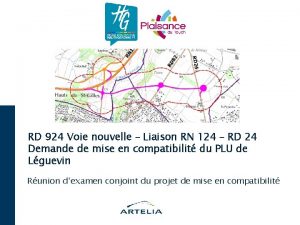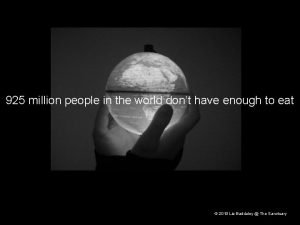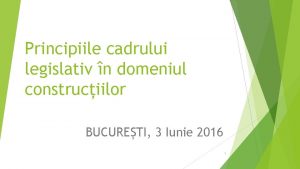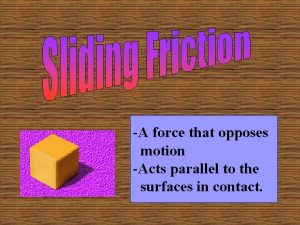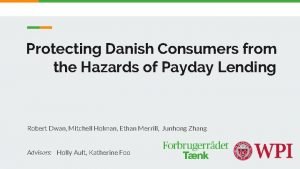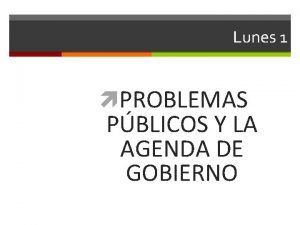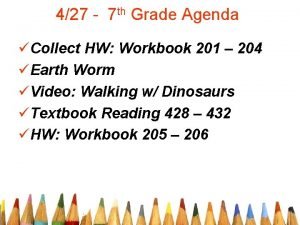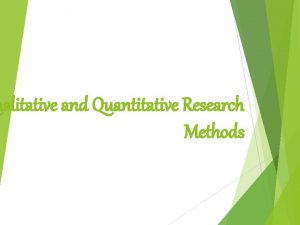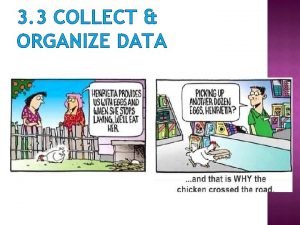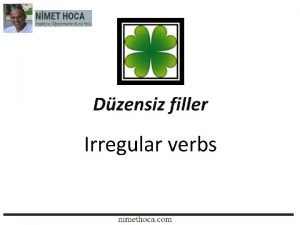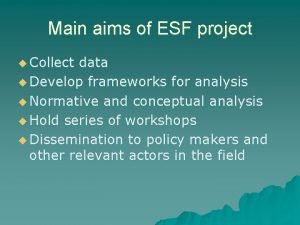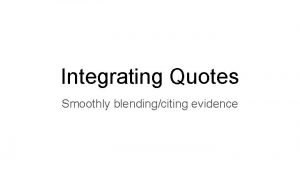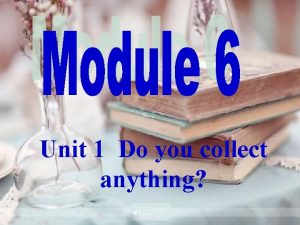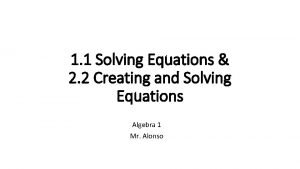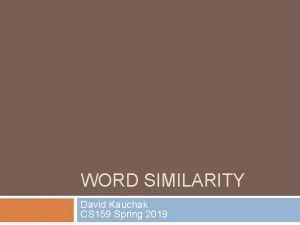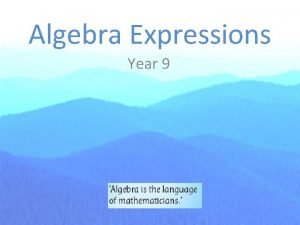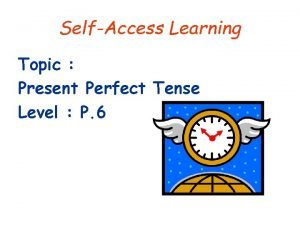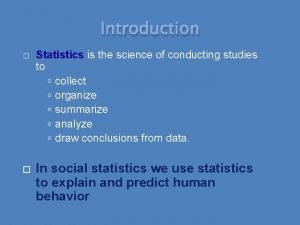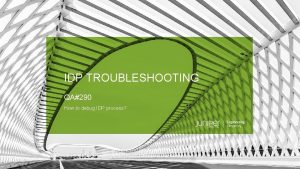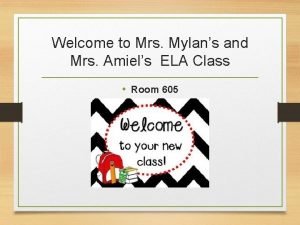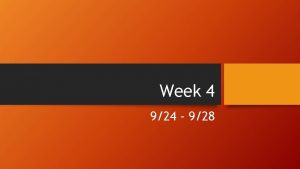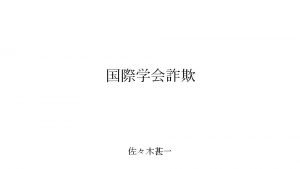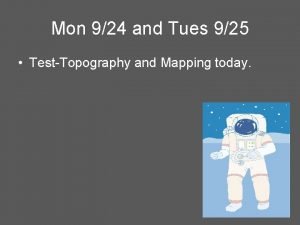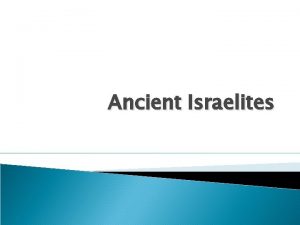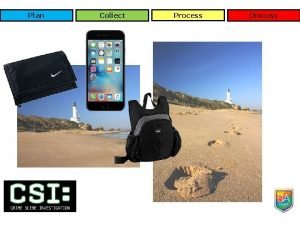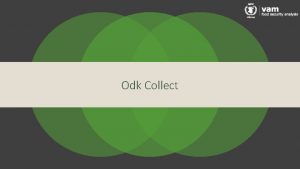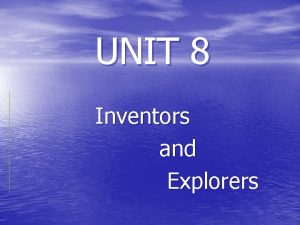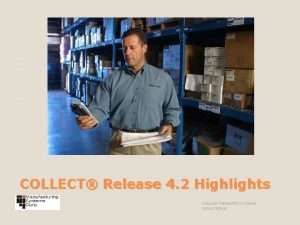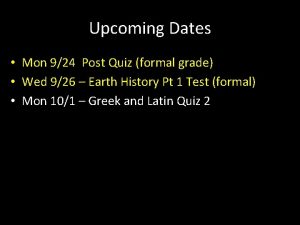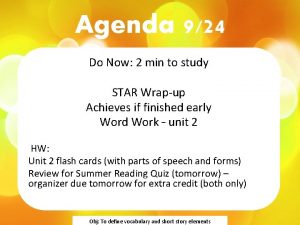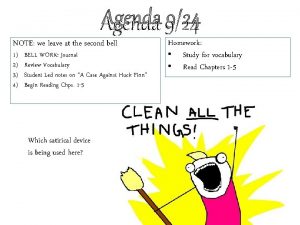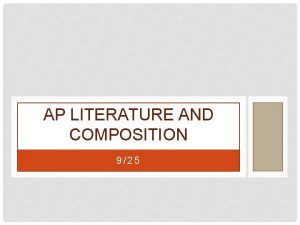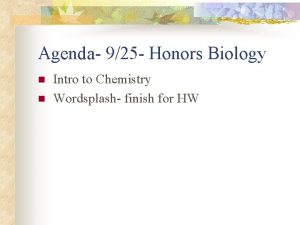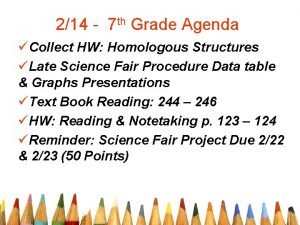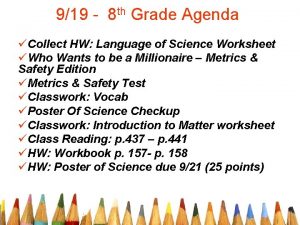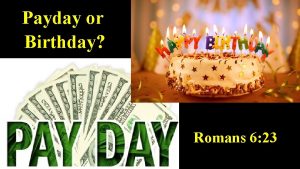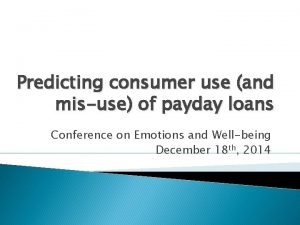924 925 7 th Grade Agenda Payday Collect
























- Slides: 24

9/24 & 9/25 - 7 th Grade Agenda üPayday üCollect HW: Reading Notetaking p. 17 – p. 18 üBack To School Video üScientific Process üWho wants to be a Millionaire – Metrics & Safety üClass Reading: p. 16 – p. 22 üHW: Reading Notetaking p. 19 & 21 ü 3 Extra Credit: Bring print out of grades by 10/8 & 10/9

What are the characteristics of living things?

Characteristics of Living Things • 1. All living things have a c____ ellular organization

Characteristics of Living Things • 2. All living things contain similar emicals ch____

Characteristics of Living Things • 3. All living things use nergy E____

Characteristics of Living Things • 4. All living things row and G______ De_____ velop

Characteristics of Living Things • 5. All living things res_____ to their pond surroundings

Characteristics of Living Things • 6. All living things rep_____ roduce

Scientific Process • • • Observe Pose a Question Develop a Hypothesis Predict Experiment and collect data

Scientific Inquiry • Scientific Inquiry refers to the diverse ways in which scientists inve_______ stigate the natural world and pose expl_____ anations based on the evidence they gather.

1 st Step: Posing Questions • Scientific Inquiry often begins with a problem or question about an obse_____. rvation

2 nd Step: Hypothesis • Hypothesis is a possible expl_______ anations for a set of observation or answer to a scientific question

3 rd Step: Design an Experiment • An experiment in which only one var______ iable is manipulated at a time is called a controlled experiment • Why is only one variable manipulated?

4 th Step: Collecting and Interpreting Data • Data are the facts, figures, and other dence gathered evi_______ through observations. • It is usually a data or a chart

5 th Step: Drawing Conclusions • A conclusion is a summary of what you rned from have lea_____ an experiment.

6 th Step: Communicating • Communicating is sharing of ideas and experimental findings with others through writing and sp______. eaking


Spontaneous Generation ving • Mistaken idea that li_____ things ving source. arise from nonli_______

Redi’s Experiment What happened next?

Redi’s Experiment What was Redi’s conclusion?

Redi’s Conclusion

Pasteur’s Experiment What happened next?

Pasteur’s Experiment What happened when Pasteur broke the curved necked flask containing the broth that remained clear?

Pasteur’s Experiment
 Rd924
Rd924 925 million
925 million Hg 925/1995
Hg 925/1995 Force that opposes motion
Force that opposes motion Payday loan in denmark
Payday loan in denmark Agenda sistemica y agenda institucional
Agenda sistemica y agenda institucional Collect hw
Collect hw Quantitative research examples
Quantitative research examples Collect and organize data
Collect and organize data Fasten 2. hali
Fasten 2. hali Show collect from air
Show collect from air Talk collect
Talk collect U collect
U collect Why did calpurnia's church collect ten dollars
Why did calpurnia's church collect ten dollars Do you collect anything
Do you collect anything What are syndicated services
What are syndicated services Mari carlos and amanda collect stamps
Mari carlos and amanda collect stamps Word collect
Word collect Thinking synoynm
Thinking synoynm How to collect like terms
How to collect like terms Since grammar
Since grammar Statistics is the science of conducting studies to:
Statistics is the science of conducting studies to: Idp sensor
Idp sensor Meraki custom splash page
Meraki custom splash page Ami els-collect
Ami els-collect
